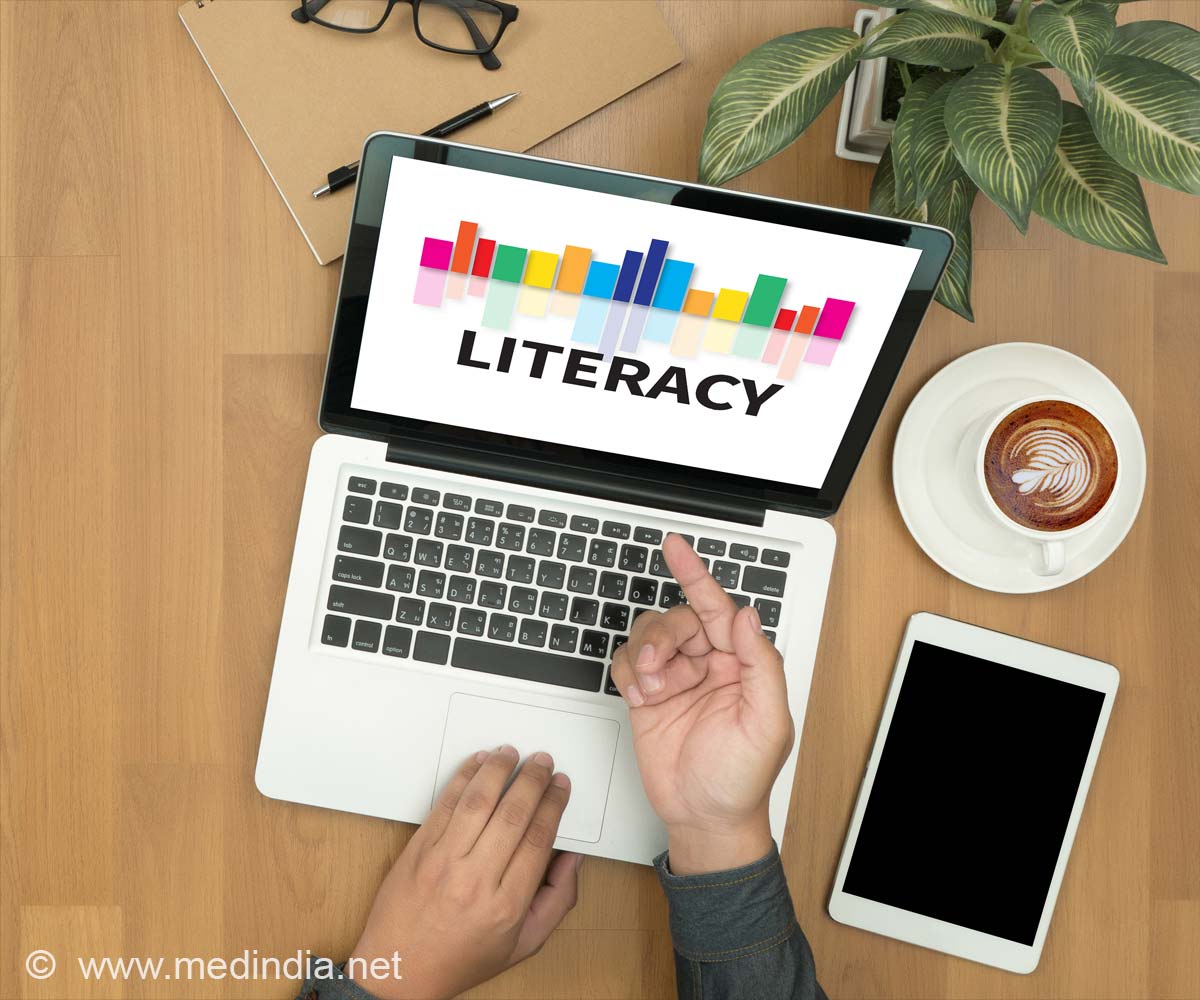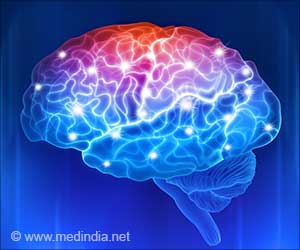Just 3 minutes of science literacy can weaken conspiracy beliefs- because facts and reasoning are your ultimate tools against misinformation.

- Brief scientific interventions significantly reduce belief in conspiracy theories and associated behaviors
- Science literacy correlates with higher COVID-19 vaccination rates and lower conspiracy susceptibility
- Critical thinking skills are key to combating misinformation and promoting evidence-based decisions
Conspiracy Beliefs and Consumption: The Role of Scientific Literacy
Go to source).
"While some conspiracy theories appear to be relatively harmless, others- about vaccines, genetically modified organisms, and climate change, for example- pose risks to consumers and society," said study co-author Lisa Bolton, professor of marketing and the Anchel Professor of Business Administration at Penn State's Smeal College of Business.
The more scientifically literate a state is, the higher its COVID-19 vaccination rate is, proving that knowledge really is powerful against misinformation! #scienceliteracy #misinformation #medindia’
Linking Scientific Literacy to Consumer Choices: Battling Conspiracies with Knowledge
The researchers conducted two investigations, using national and international data to determine the relationship between scientific literacy and conspiracy believing levels. They also conducted a series of eight science literacy investigations, totalling more than 2,700 participants, to investigate how conspiracy ideas influence consumer behavior and the usefulness of scientific literacy in countering such views. They discovered that conspiracy theories- such as the notion that agribusiness and big pharma are concealing the risks of genetically modified foods and vaccines, respectively- can influence what customers buy or which medical procedures they undertake.They also discovered that minor interventions, such as short videos emphasizing scientific knowledge and logic, undercut conspiracy theories. According to the researchers, the interventions were more successful against conspiracy theories based on flawed reasoning rather than narratives, as well as innovative rather than entrenched conspiracies, even among high-conspiracy groups.
According to the findings, educational programs aimed at increasing scientific knowledge and evidence evaluation abilities can help to reduce conspiracy ideas.
"We need to put these interventions in front of individuals while they are making key decisions. You can't expect someone to remember a 3-minute video a year later, but a video in a doctor's waiting room might be just what they need," said Nathan Allred, first author and assistant professor of marketing at Texas Tech University. Allred completed the work for his doctoral dissertation at Penn State.
Role of Scientific Literacy in Reducing Conspiracy Beliefs and Influencing Behavior
In their initial research, Allred and Bolton looked at the link between conspiracy ideas and scientific knowledge and reasoning. For example, in one study, 299 participants were asked to watch a 3-minute video demonstrating correlation and causality or on a completely different issue, followed by reading an article about a lab-grown meat conspiracy theory. The participants were then asked to respond to prompts that tested their conspiracy beliefs, such as being given one dollar and asked how much they wanted to donate to a real charity that pushes for lab-grown meat, to observe how their conspiracy ideas influenced their actions.In these investigations, the researchers discovered that participants were less likely to engage in conspiracy-related behaviors following short scientific literacy interventions, particularly those that helped them improve their evidence appraisal skills. According to the researchers, these skills are especially useful because they are relevant to most topic areas rather than being domain-specific.
The later studies conducted real-world assessments of how scientific knowledge influences conspiracy beliefs and behaviors. For example, one study sought to determine how COVID-19 conspiracy theories affected vaccination rates. They used science results from the 2015 National Assessment of Educational Progress, the most recent available, as a proxy to assess scientific literacy in the 44 states that participated.
Scientific Literacy as a Buffer Against COVID-19 Conspiracy Beliefs and Vaccine Hesitancy
The researchers next examined responses to an American News Pathways 2020 Project assessment dated June 10, 2020, which asked participants to rate how strongly they agreed or disagreed with the statement "that powerful people intentionally planned the coronavirus outbreak." They assessed vaccination rates and the proportion of completely immunized adults per 100,000 inhabitants in these localities. The data ranged from April 15 to July 30, 2021.They discovered that Americans in states with higher scientific literacy levels were less prone to believe in conspiracies and had higher COVID-19 immunization uptake rates over time.
"Public health messaging during the COVID-19 pandemic was fairly messy," says Allred. "From what we learned from our intervention studies, I believe a greater emphasis on explaining the science behind how we knew what was happening and what we should be doing about it would have curbed the spread of conspiracy theories."
Reference:
- Conspiracy Beliefs and Consumption: The Role of Scientific Literacy - (https://academic.oup.com/jcr/article/51/4/656/7643726)
Source-Medindia









